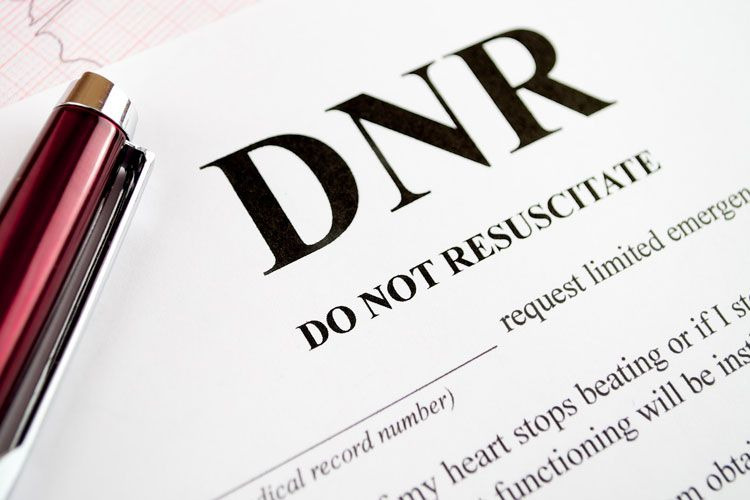
Children with disabilities offered ‘do not resuscitate’ orders amid pandemic (Photo: © Fabrice Coffrini / AFP)
London, December 29 (RHC)-- The so-called “do not resuscitate” orders, known as DNACPRs, were offered to families of children with autism and other learning disabilities amid concerns about pressure on the UK’s National Health Service, according to the Telegraph newspaper.
The media outlet cited interviews with families that were presented the opt-out for resuscitation during routine medical appointments. For instance, the mother of a 16-year-old boy with Down’s syndrome said that a clinic employee offered her the option of a DNACPR for her son during a checkup.
“It is a disgusting question,” said the mother, Kent resident Karen Woollard. “The health assistant was following a form and she was very polite about it -- suggesting she knew I wouldn’t want it to be ticked -- but the question should not have appeared. It was very upsetting.”
The mother of another teenager with autism said her son was offered a DNACPR during an NHS appointment and initially agreed because he didn’t understand the question. The boy is happy and healthy and has won gold medals in swimming competitions, said his mother, Debbie Corns.
“I collapsed on the floor crying when I got home,” Corns said. “I am a strong person, but I was devastated… The doctor devalued his life.”
The article follows British media reports earlier this year on patients with mental illness and learning disabilities being given DNACPRs during the pandemic. But unlike the latest report, those allegations concerned adult patients, at least one of whom reportedly died unnecessarily for lack of resuscitation.
DNACPRs are typically used for people who are too frail to be saved through cardiopulmonary resuscitation in the event their heart stops or they stop breathing. Mencap, a UK charity that advocates for people with learning disabilities, reported in January that disabled adults were being told by medics that they wouldn’t be resuscitated if they fell ill from COVID-19.
The UK’s Care Quality Commission said in March that some patients and family members had been denied the opportunity to discuss their DNACPR status or challenge NHS decisions on whether they would be resuscitated. Hundreds of elderly care home residents were written off with unlawful DNACPR decisions, the commission found.

